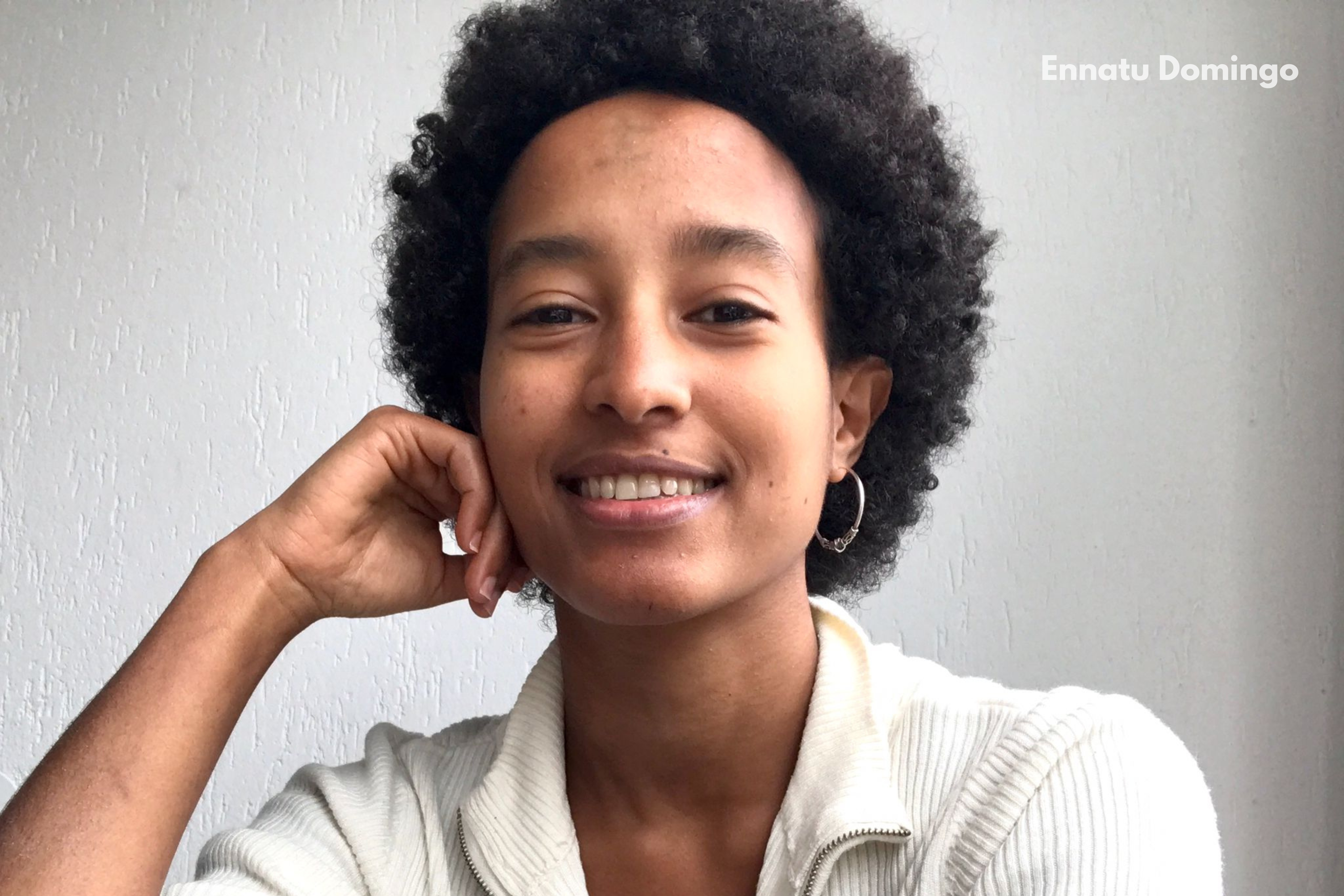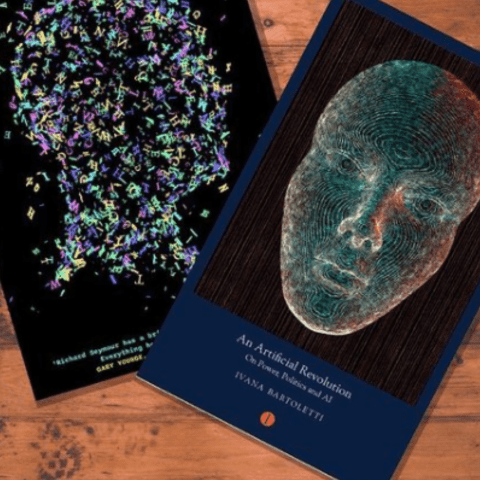What are the right questions to ask when seeking out the true spirit of a nation?
In November 2017 the people of Zimbabwe took to the streets in an unprecedented alliance with the military. Their goal, to restore the legacy of Chimurenga, the liberation struggle, and wrest their country back from over thirty years of Robert Mugabe’s rule.
In an essay that combines bold reportage, memoir and critical analysis, Zimbabwean novelist and journalist Panashe Chigumadzi reflects on the ‘coup that was not a coup’, the telling of history and manipulation of time and the ancestral spirts of two women – her own grandmother and Mbuya Nehanda, the grandmother of the nation.
Praise
‘Chigumadzi successfully nests the intimate charge of her poignant personal story in the sweeping historical account and mythology of Zimbabwe.’
—Brian Chikwava, author of Harare North
‘Chigumadzi’s exploration of personal, family and national history reincarnates in stark, vivid images, many of those interred in the shadows of her country’s ‘Big Men’.’
—Tsitsi Dangarembga, author of Nervous Conditions and This Mournable Body

















